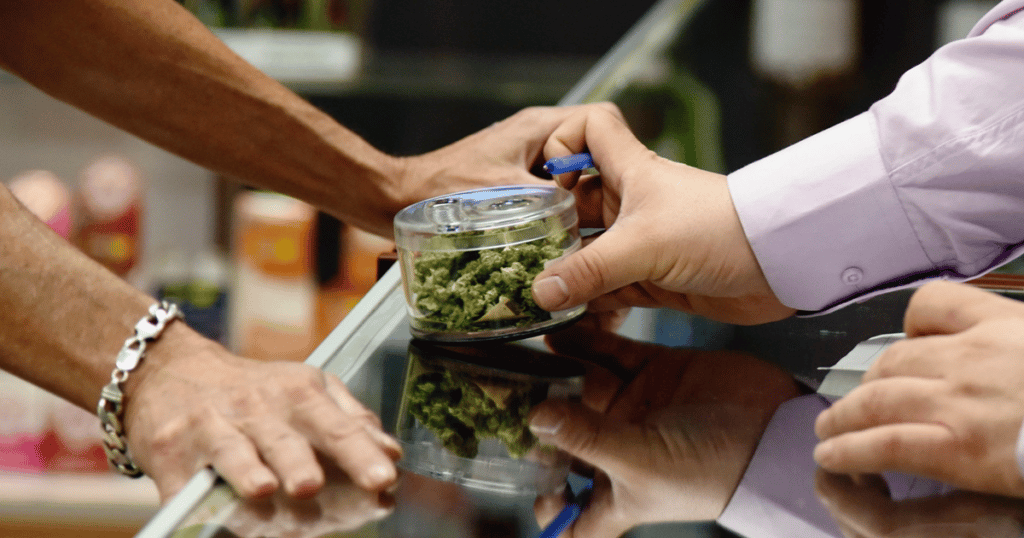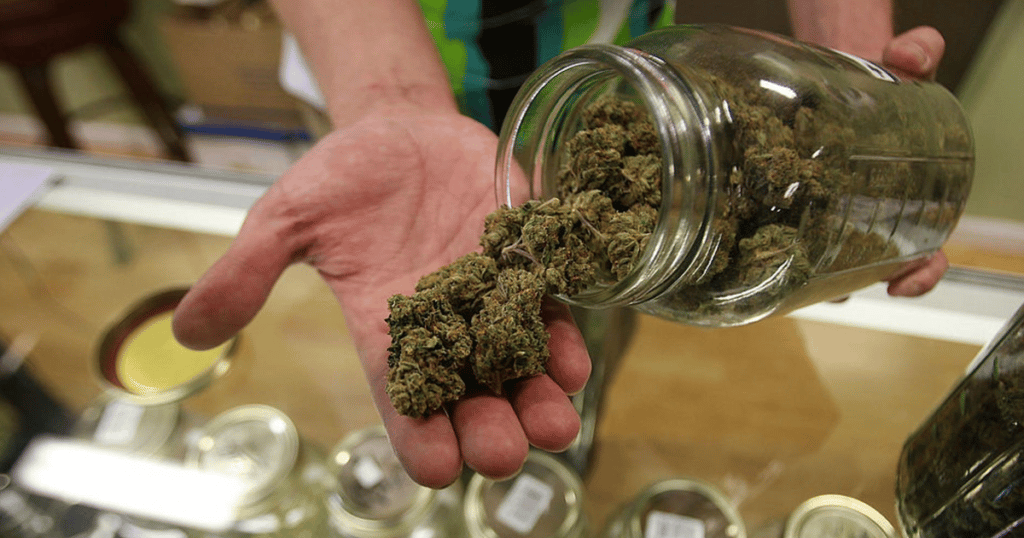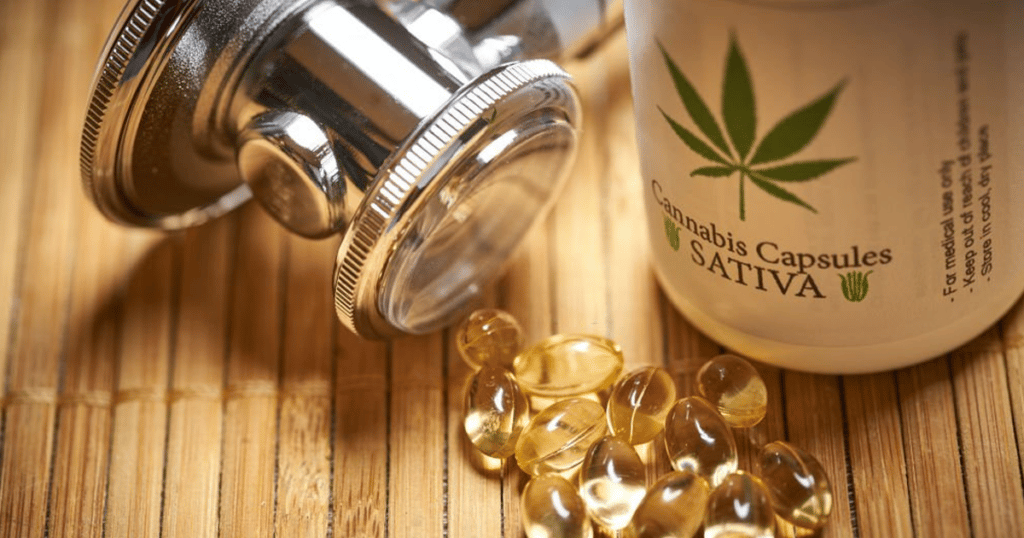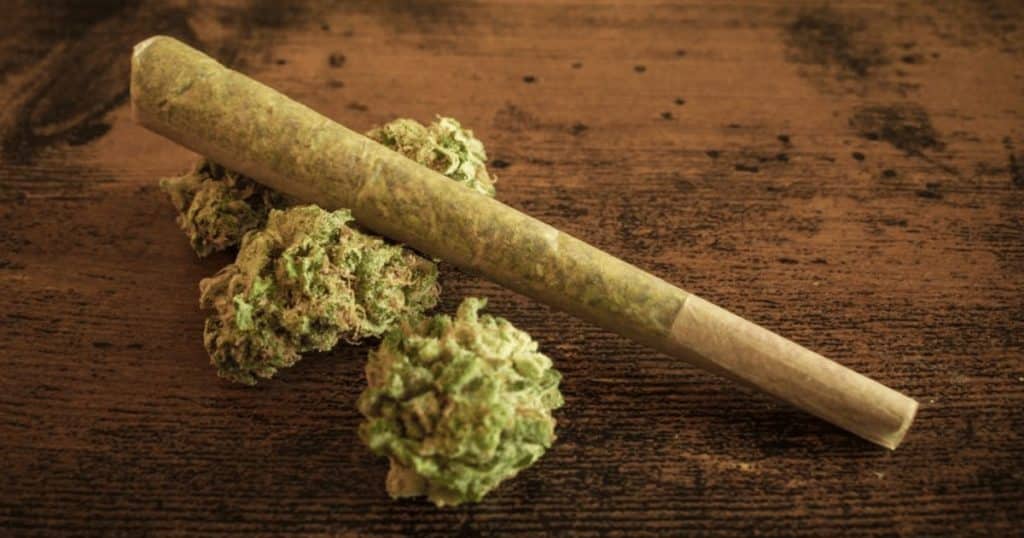The pinpoint focus of marijuana consumers on THC content has driven the market in many ways towards only high content product in the legalized cannabis industry. This has been problematic because consumers are not educated enough about all of the other components of the plant, which also play a role in the user’s overall experience of the product.
Finally, however, we are entering a new era in understanding cannabis products. Here are the factors affecting the way cannabis is viewed by the consumer.
Budtenders As A First Line Of Education
In the US and Canada, legal marijuana businesses refer to their frontline retail staff as “budtenders” in the same way that bar owners call their staff “bartenders”. Although these employees do not actually tend the growing plants, as the name implies, they are still expected to know pretty much everything about the process and the product.
This becomes problematic when they also come from the consumer’s level of knowledge and expectation of marijuana with a focus on highest THC concentration. They also have the same rate of staff turnover as bartenders, which does not improve the likelihood that a budtender will absorb the knowledge through contact with any people who do have the knowledge.
One of the factors which can influence this way of thinking towards the broader-minded approach, which includes a consideration of terpenes, limonenes and other cannabis components, is better education and awareness in the consumer.
This acknowledgement in itself represents a step towards a broadening perspective.

Consumers As Market Forces
As with almost every other industry in a free market economy (or as free as it gets), the legal sale of cannabis products is driven by consumer demand. This means the commercial entities, like shops, only really tend to sell what the majority of consumers are after. This, in turn, filters back down to the growers, who will only grow what sells.
The result is that when the consumer only focuses on high THC products, and does not look further than the percentage on the packaging, the products on the shelf become limited to the 20-25+% range, with no other qualifying features.
Again, this indicates that the consumer needs to be more educated around the various other components in cannabis. While it may seem like an impossible task to shift this very “hippy”-styled perception in consumers, there is a small light at the end of the tunnel.

Medical Awareness And Labeling As Drivers Of Consumer Education
With the widening legality of marijuana across the western hemisphere, there has been an increasing awareness of the plant as a valid medicinal alternative to mainstream pharmaceutical remedies. With this focus has come a lot more research and reports on the various compounds found in cannabis, their properties, functions, and uses.
This information has begun to filter out into the mainstream discourse around the uses of marijuana. The term “cannabinoids”, once uncommon, is now featured in many advertising campaigns for cannabis products and is correctly linked to the effects on mental health and neurochemistry.
Similarly, manufacturers of edibles and other cannabis products have begun to differentiate between the various sources and types of product in relation to the effects that the consumer can expect. As detailed in this article by Bart Schaneman, the increased familiarity with the active ingredient profile of a particular product has made an impact on the more experienced consumers’ expectations and demands. They know more about the whole plant, and so, they know what to ask for in the shop for their particular purpose.

It is small pockets of focus such as this which make their way gradually into the mainstream language which will familiarize the consumer with the broad range of functions and benefits that the many varied strains of cannabis plants can offer. And this points towards an eventual common understanding that THC percentage is actually not the be-all and end-all of marijuana.
In fact, if anything, it is only the beginning.

















